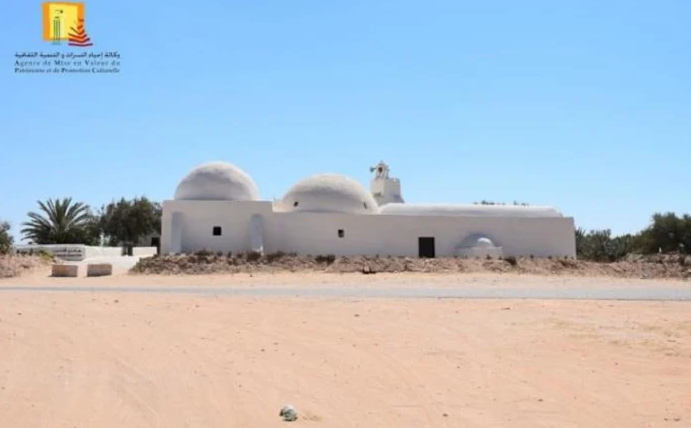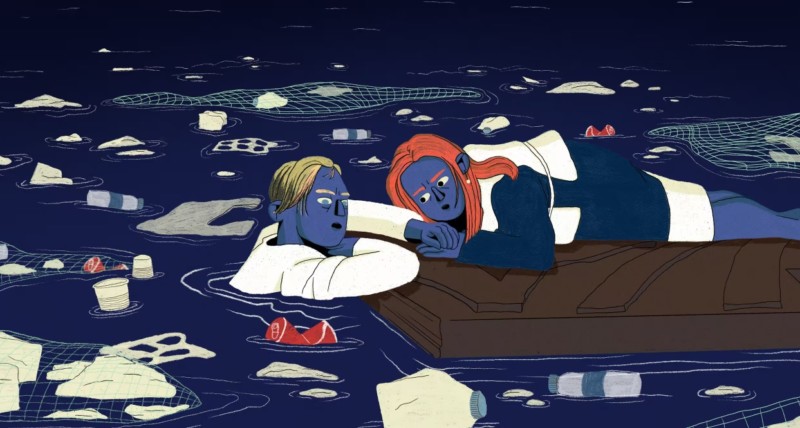

Let us recall that the Mediterranean, after the Arctic, is the region of the world that is warming the fastest.
The Mediterranean faces alarming environmental challenges. The Plan Bleu association has just released its latest report, « The Mediterranean in 2050, » which analyzes the region within the framework of global climate change. This study covers seven dimensions: the global context, demographics, economy, environment, science and technology, as well as governance. It outlines six scenarios, from the most alarming to the most optimistic, that assess the impact of climate change.
A model inspired by nature The first scenario predicts the continuation of current trends. The region would be paralyzed by multiple blockages and a lack of awareness of the concrete stakes. This would lead to the degradation of ecosystems, resource access conflicts, and the marginalization of the region, resulting in increased unemployment and higher migration flows. The second scenario would trigger a series of crises that would force countries to adapt urgently. The goal is to increase resilience, but this may not exclude nationalist retreats.
The third scenario foresees economic growth based on global competition for access to resources and markets, which would limit regional and international cooperation. Efforts for sustainability would be relegated to second place, leading to the degradation of both terrestrial and marine biodiversity. The framework of the fourth scenario is more optimistic. It is based on cooperation between the European Union and other Mediterranean countries, ensuring that the region reaches carbon neutrality by 2050.
A global common good Like the previous one, the fifth scenario is a possible path toward sustainable development. This model is inspired by nature and responds to the objectives of strong sustainability, prioritizing vital resources such as water, soil, and the conservation of the marine ecosystem, meeting essential needs, and reducing poverty. The sixth scenario outlined in this report predicts a rapid degradation of the Mediterranean Sea, prompting a strong reaction from countries and international organizations. From the 2030s onwards, the idea would emerge that this sea can only be saved if it is considered a global common good.
All these transformations by 2050 will occur in a vulnerable environment. It should be recalled that the Mediterranean is, after the Arctic, the region of the world warming the fastest. It has the highest ecological deficit, with 60% of the world’s population living in water-scarce areas. It receives 30% of global tourism. It is also the sea most polluted by plastics and the most overexploited in terms of fishing.
The result of collaboration among experts, this report aims to enlighten policymakers on Mediterranean issues and raise public awareness. It outlines how to anticipate changes in marine and terrestrial ecosystems and identify major risks. It proposes measures for sustainable development, relying on the importance of cooperation at different scales. The Mediterranean region cannot rely solely on its own forces to overcome the challenges ahead. It must initiate new forms of cooperation and partnership between Europe, the southern shores, Africa, and the global community.
Source: ecoreseau



